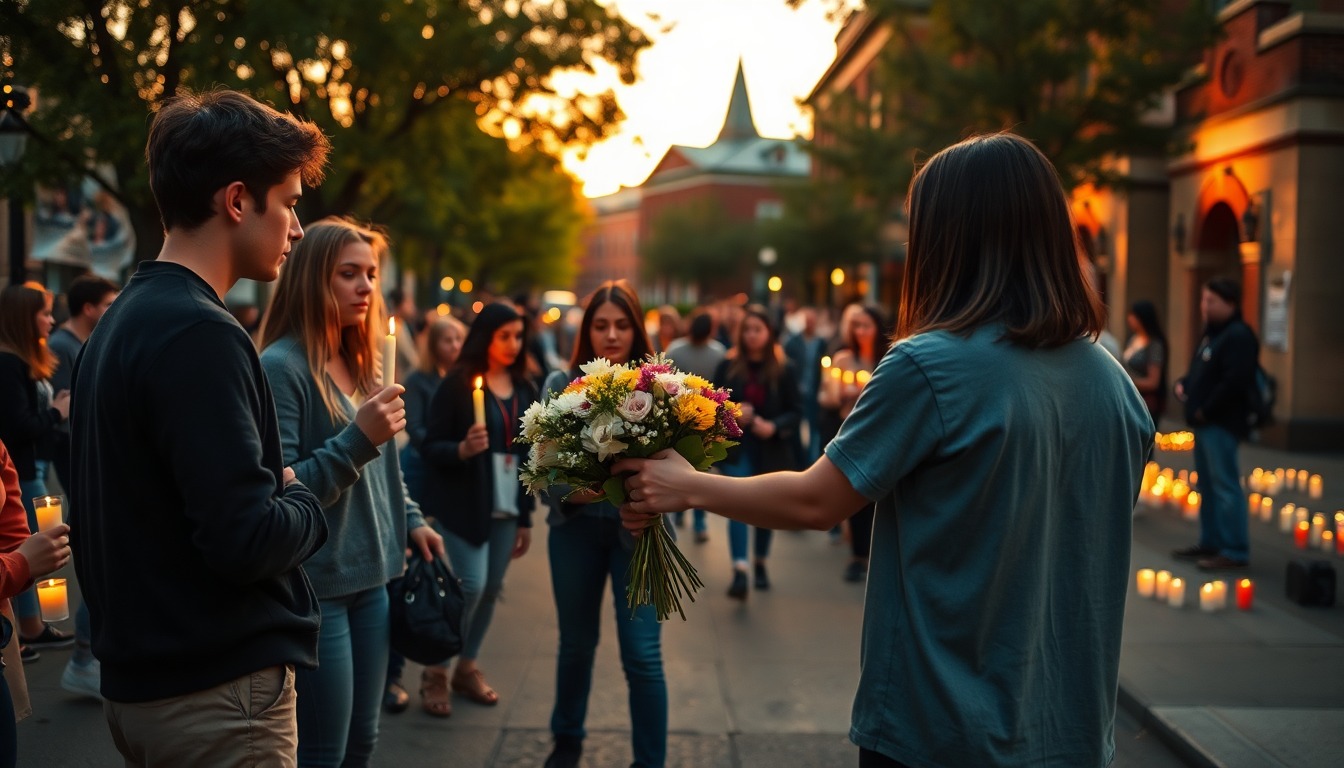Table of Contents
The tragic events surrounding the murders of four University of Idaho students have captured national attention, raising pressing questions about justice, accountability, and the impact of crime on communities. At the heart of this case is Bryan Kohberger, a former criminology student, who has recently admitted to the shocking killings that have left the nation reeling. As we explore the details, it’s essential to grasp not only the implications of his plea but also the emotional toll it has taken on the families affected by this horrific crime.
A Night That Changed Everything
On that fateful night in November 2022, Bryan Kohberger committed a gruesome act that extinguished four young lives. The victims—Madison Mogen, Kaylee Goncalves, Xana Kernodle, and Ethan Chapin—were brutally stabbed during a home invasion at their off-campus residence in Moscow, Idaho. At the time, Kohberger was pursuing a Ph.D. at nearby Washington State University, making the proximity to the crime scene even more chilling. His actions have since sparked a court case that has drawn significant media scrutiny and public interest.
Fast forward to July 2, 2025—Kohberger’s change of plea hearing marked a pivotal moment in this ongoing saga. By admitting guilt without revealing a motive, he left many questions hanging in the air. This lack of clarity has fueled speculation and debate, not just among the victims’ families but across the public. Families are now gearing up to confront Kohberger directly in court, delivering victim impact statements that will undoubtedly reflect their profound grief and loss. How do you put into words the heartbreak of losing a loved one in such a violent manner?
The Plea Deal: Mixed Reactions
The plea deal struck between Kohberger and the prosecution has stirred a mix of emotions among the victims’ families. While some appreciate the resolution it brings—sparing them from a lengthy trial and the potential for appeals—others feel it falls short on accountability. Kohberger’s agreement to waive his right to appeal in exchange for avoiding the death penalty means he is likely facing four consecutive life sentences without the possibility of parole, along with an additional ten years.
This complex situation raises vital questions about justice and its meaning for the families left behind. Many are hoping the upcoming sentencing hearing will provide a platform for Kohberger to explain his actions, offering the families a chance to gain some semblance of closure. Yet, will he choose to speak during this critical moment? The uncertainty only adds to the emotional weight of the proceedings.
The Human Cost of Violence
The emotional toll of this case is staggering. The families of Madison, Kaylee, Xana, and Ethan are now navigating their profound loss while facing the judicial process. Victim impact statements offer a space for these families to voice their pain and the enduring consequences of this tragedy. As they prepare for their day in court, their sentiments reflect a painful mix of sorrow, anger, and a desperate desire for justice.
In many ways, this case serves as a stark reminder of the far-reaching effects of violent crime. The ripples of Kohberger’s actions extend far beyond the immediate victims, touching their families, friends, and the broader community. As the sentencing hearing approaches, the focus will not only be on legal outcomes but also on the very human stories behind this tragedy. Isn’t it fascinating how one act can alter so many lives forever?
Looking Ahead
As we look toward the future, the Bryan Kohberger case will undoubtedly continue to resonate within both the community and the legal system. The implications of his plea deal, the emotional fallout for the victims’ families, and the broader societal conversations surrounding crime and punishment are all critical aspects to consider. The upcoming sentencing hearing will be a significant moment, not just for Kohberger but for everyone affected by this tragic event. What lessons can we learn from this heartbreaking story as we move forward?


